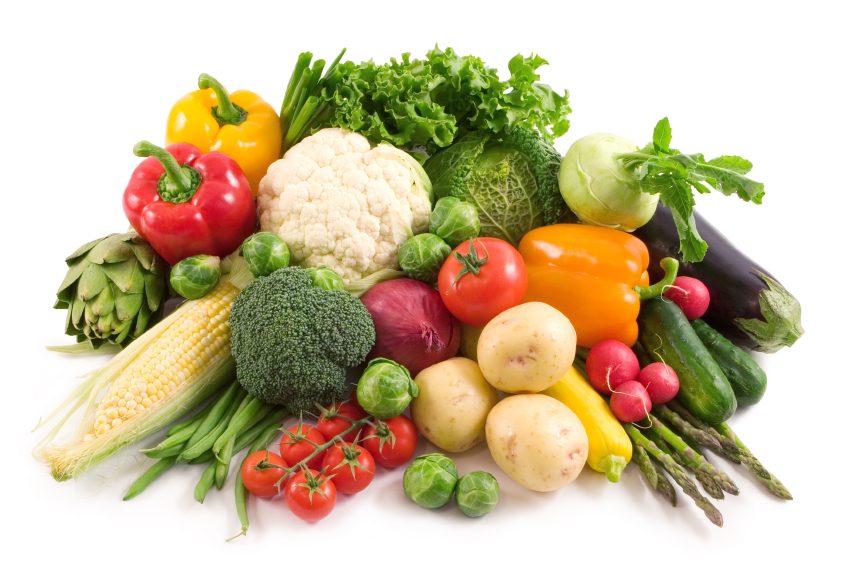 Walk into any bookstore, look at the usually overflowing shelf of dietary related books, and you will see a diet book for your fertility, skin, weight, muscle size, IQ, and pretty much any problem a human being could encounter. So many books on diet, for so many different problems, means one thing – confusion! What exactly is the best advice in regards to one’s diet anyways?
Walk into any bookstore, look at the usually overflowing shelf of dietary related books, and you will see a diet book for your fertility, skin, weight, muscle size, IQ, and pretty much any problem a human being could encounter. So many books on diet, for so many different problems, means one thing – confusion! What exactly is the best advice in regards to one’s diet anyways?
The truth is, one’s diet does not have to be that complicated. It is great that so many thousands of authors are making millions of dollars off the books that they publish, but in reality I have seen the best health benefits gained from just a simple 5 minute conversation. It doesn’t take long to impart sound dietary advice to someone, it is another thing if they decide to follow it of course.
Following the simple, yet powerful, dietary advice listed below, I have seen people lose over a hundred pounds. I have seen people’s skin turn radiant. I have seen couples attain healthy pregnancies. It really is not that difficult…
- Whole foods that are fresh, organic and local as possible (this is good for the planet as well!)
- Let half your diet be fruits and vegetables (more veg than fruit), with lots of variety, quarter protein and another quarter whole grains.
- Use good quality traditional oils like olive, sesame, flax and hemp.
- Stay away from refined flours and sugars as much as possible.
- Drink plenty of water.
- Most importantly – do not over eat!
As far as allergies to certain foods is concerned, like wheat and dairy, I am of the mind that if it is an obvious allergy, as seen through digestive upset or the development of hives, then of course stay away from it. Otherwise I actually think that dairy and wheat are good foods and should be eaten in moderation, which is really the most important dietary advice there is.
Having the ability to actually listen to your body and know when enough is enough is an art we all need to learn. If you feel tired after eating wheat, it may not actually be an allergy to wheat, it just may be that you are having too much of it. Quantity of food is as important, if not more important, than what the food actually is.
Studies have proven that when we eat less, we live longer, period. It really doesn’t get much simpler than that now does it. One of my teachers, Dr. Ganglin Yin, used to say “Children need to be one third cold and one third hungry”, meaning let the bodies of our children, and ourselves, develop a proper appetite so that we can actually digest the foods we eat. A strong digestive fire can consume pretty much anything, and leave no residue behind.
Xu Da Chun, of the 18th century, states that “if at critical times they do not decrease their intake of food in comparison with a normal day, how could they avoid death?”. By adding more food on top of food that is not fully digested, no matter what it is, we only do our bodies harm, ultimately making us sick. No amount of organic food, or expensive vitamin supplement, or avoidance of wheat will solve this problem. Only the reduction in the total amount that we consume is going to be of benefit, and we do this by listening to our bodies signals.
Our body tells us when we have had enough. We just need to listen.
I am sure many of you have an elderly family member who eats fairly typical foods, nothing too fancy or special or exotic. They may not even take any vitamins, but yet they seem to never get sick and are already healthily in their 80’s. I bet if you watched closely you will see that their number one secret is that they are moderate in their food intake. They do not overeat and have learned to listen to their body well enough to stop eating well before any disease takes hold.
Wishing you health,
Dr. Trevor Erikson
